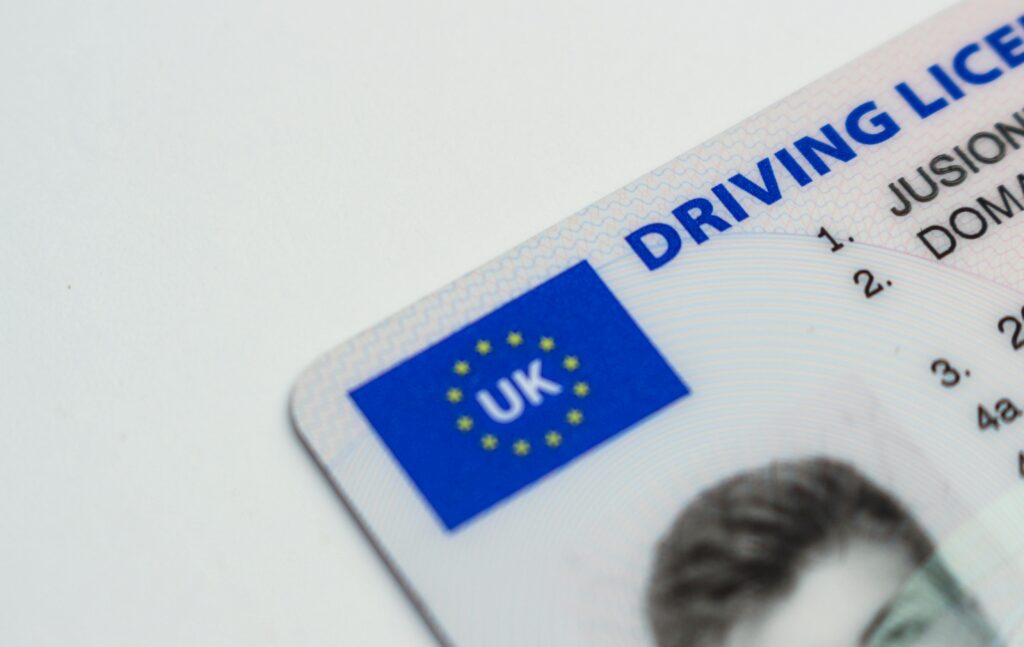What forms of ID can a notary accept, after all? Well, it’s not that complicated.
In the ever-evolving landscape of legal and financial transactions, the role of notaries remains crucial in ensuring the authenticity and legitimacy of documents. Whether it’s the signing of a deed, an affidavit, or a power of attorney, a notary’s duty is to verify the identity of the parties involved.
This verification process hinges on the presentation of valid identification (ID) documents. But what forms of ID can a notary accept? This question is fundamental to both notaries and clients to ensure that all parties adhere to legal standards and avoid the pitfalls of fraud – and this is the article you need to have that answered once and for all.
Read also: Do all parties need to be present for a notary?
What forms of ID can a notary accept?

Notaries can accept various forms of identification (ID) to verify the identity of individuals during the notarization process. The specific types of ID that are acceptable may vary depending on state laws and regulations, but generally, the following are commonly accepted forms of ID:
- State-Issued Driver’s License: A government-issued driver’s license with a photo, signature, and identifying information is widely accepted.
- State-Issued Non-Driver’s ID Card: For individuals who do not drive, a non-driver’s ID card issued by the state serves as a valid form of identification.
- U.S. Passport: A passport issued by the federal government is a reliable form of identification, including a photo, signature, and other crucial details.
- Military ID: Members of the U.S. Armed Forces can use their military ID, which includes a photo and signature, as valid identification.
- U.S. Permanent Resident Card (Green Card): Non-citizens residing in the U.S. can present a Green Card, issued by the U.S. Citizenship and Immigration Services, as a form of ID.
- Foreign Passport with U.S. Visa: In some cases, a foreign passport accompanied by a valid U.S. visa can be accepted, provided it includes a photo and confirms the individual’s legal status in the U.S.
Notaries must ensure that the ID is current, valid, and contains sufficient information to verify the signer’s identity. Some states may also accept additional forms of ID, such as government-issued employee ID cards, tribal IDs, or even digital IDs in certain circumstances. However, notaries must be familiar with their state’s specific rules and exercise caution, especially when dealing with expired IDs or name discrepancies.
Why is ID verification important?
OK, you want to know what forms of ID a notary can accept – but let’s discuss ID Verification as well. You see, ID verification is a cornerstone of the notarial process because it ensures that the person signing the document is indeed who they claim to be, which is critical in preventing identity theft, fraud, and other legal issues. Without proper identification, the integrity of the notarization is compromised, potentially leading to disputes and legal challenges down the line.

So the answer to this question is quite straightforward, though it also depends on several subjacent factors – including state laws, the type of transaction, and the specific requirements of the document being notarized.
Why you may need a notary
A notary public is an official appointed by the state government to serve as an impartial witness to the signing of important documents. The notary’s responsibilities include verifying the identity of the signers, ensuring they are signing voluntarily and under their free will, and administering oaths when necessary. Therefore, the notary’s seal and signature on a document attest to its authenticity, providing a layer of protection against fraud.
The notary’s responsibility
With that being said, it is important to note that the responsibility of verifying the validity of the ID lies with the notary. If a notary accepts an invalid or forged ID, they may be held liable for any resulting legal issues. Therefore, notaries must be diligent in their examination of the ID and, when in doubt, refuse to notarize the document until proper identification is provided.
Notaries should also keep detailed records of the IDs presented during the notarization process; this includes noting the type of ID, the ID number, the date of issuance, and the expiration date. These records serve as a safeguard in case the notarization is later questioned.
Common challenges in ID verification

While the process of ID verification may seem simple, notaries often encounter challenges that require careful consideration and judgment. Below are some common challenges faced by notaries:
- Illegible IDs
- IDs that are damaged, faded, or otherwise illegible can pose a significant challenge. Notaries must be able to clearly read the information on the ID to verify its validity. If an ID is too damaged to be read, the notary should request a different form of ID.
- Foreign IDs
- Notaries may encounter individuals presenting foreign IDs that are not commonly seen. In such cases, the notary must determine whether the ID is acceptable under state law. Some states may have specific guidelines regarding the acceptance of foreign IDs, while others may prohibit their use altogether.
- Language Barriers
- If the ID is in a language that the notary does not understand, it may be challenging to verify the information. In these situations, the notary may require a certified translation of the ID or may need to consult with an interpreter to ensure accuracy.
- Fraudulent IDs
- The risk of fraudulent IDs is a constant concern for notaries. Advanced technology has made it easier to create convincing fake IDs, making it more difficult for notaries to detect fraud. Notaries must be familiar with the security features of various IDs and stay vigilant for any signs of tampering.
Ensuring document integrity: the critical role of proper ID verification in notarization
In conclusion, understanding what forms of ID a notary can accept is essential for both notaries and their clients to ensure the legitimacy and integrity of the notarization process. As legal guardians of document authenticity, notaries must exercise due diligence in verifying the identity of signers through acceptable forms of ID, adhering to state laws and guidelines.
The challenges associated with ID verification, such as dealing with illegible, foreign, or fraudulent IDs, highlight the critical role that notaries play in safeguarding against fraud and protecting the legal interests of all parties involved. By staying informed and vigilant, notaries can fulfill their duties with confidence, ensuring that every notarized document is a true and accurate reflection of the parties’ intentions.

Ready to experience the convenience and affordability of Mobile Notary Orlando?
Don’t wait any longer – get in touch with us today to schedule your appointment! Whether it’s for personal or business needs, our certified and experienced signing agents are here to provide you with top-notch notary services whenever and wherever you require them in Central Florida. Let us handle your notarization needs with professionalism and ease – contact Mobile Notary Orlando now and see why we’re the best choice for all your notary needs!






